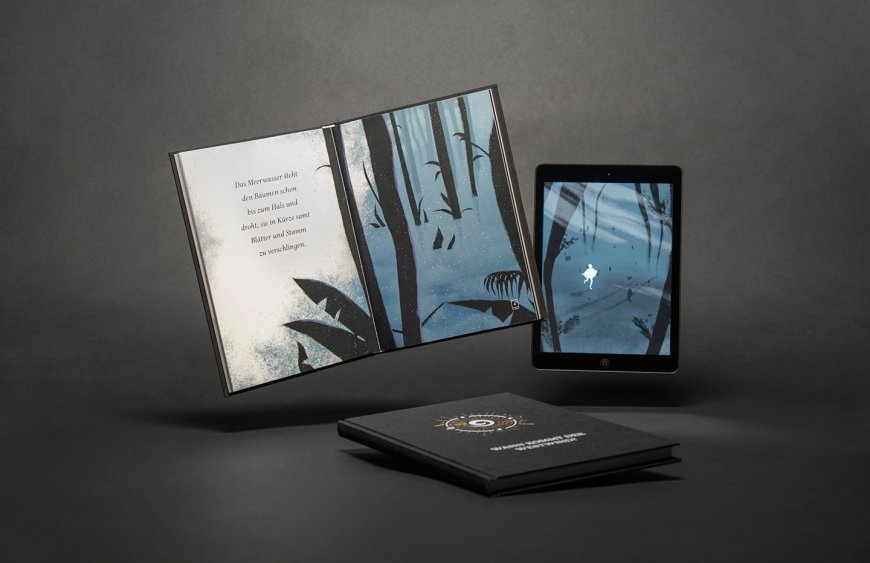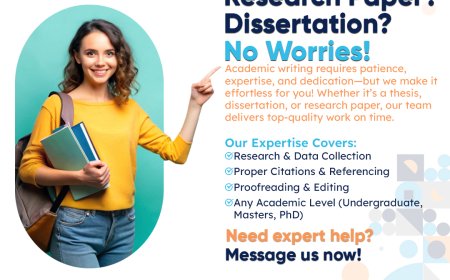The Power Of Storytelling: How Memoirs Help Us Understand the Human Experience
creating a space for readers to reflect on their own experiences. Through the lens of someone else’s life, we gain insight into our own humanity's Best Memory Book.

There is no denying the fact that storytelling is a very powerful tool since it forges deep connections between people and opens our eyes to experiences that may be very dissimilar from our own.
Memoirs are one of the most personal storytelling formats available. These stories give readers a glimpse into the writer's life and enlighten them about the intricacies of human existence.
In this article, let's understand how Best Memoir Books help us understand the human experiences. Let's get started!
The Unique Nature of Memoirs
Memoirs are not just a retelling of events; they are a reflection of the author’s thoughts, feelings, and interpretations of those events. Unlike biographies, which often focus on a person’s life in chronological order, memoirs tend to zoom in on specific experiences, relationships, or moments that had a significant impact on the author. This personal lens allows for a more nuanced exploration of human emotions, motivations, and struggles.
What makes memoirs so compelling is their honesty and vulnerability. The best memoirs don't shy away from showing the darker sides of life—grief, failure, heartache, or trauma. They highlight how flawed, complex, and resilient human beings can be, creating a space for readers to reflect on their own experiences. Through the lens of someone else’s life, we gain insight into our own humanity's Best Memory Book.
Building Empathy and Understanding
One of the most powerful aspects of memoirs is their ability to foster empathy. By stepping into someone else’s shoes and experiencing life through their perspective, readers can develop a deeper understanding of different cultures, beliefs, and experiences. This is especially important in a world that is increasingly divided by political, social, and economic differences.
For instance, consider "The Glass Castle" by Jeannette Walls, a memoir that recounts her difficult childhood growing up in poverty with dysfunctional parents. Walls’ vivid descriptions of her struggles allow readers to feel the weight of her experiences, providing a raw and unfiltered look at the impact of poverty and neglect on a child’s life. As readers, we may never have experienced homelessness or hunger, but Walls’ story allows us to empathize with her pain and resilience. It challenges our preconceived notions and encourages us to view the world with more compassion.
Similarly, "When Breath Becomes Air" by Paul Kalanithi offers readers an intimate look at the life of a neurosurgeon who faces his own mortality after being diagnosed with terminal cancer. Kalanithi’s memoir is a poignant reflection on life, death, and what it means to be human. His eloquent exploration of mortality allows readers to confront their own fears and beliefs about death, while also fostering a deeper appreciation for the fragility of life.
Memoirs like these serve as a bridge between the reader and the writer, breaking down barriers of race, class, and circumstance. They remind us that despite our differences, we share common emotions—love, fear, hope, and sorrow—that unite us as human beings.
Exploring Identity and Self-Discovery
Memoirs often revolve around themes of identity and self-discovery, offering readers insight into how individuals come to understand themselves and their place in the world. This exploration of identity can be particularly powerful for readers who are grappling with their own sense of self.
"Becoming" by Michelle Obama, for example, is not just a memoir about the former First Lady’s life in the White House. It’s a deeply personal account of her journey to find her own voice and identity, from her childhood in Chicago to her role as a public figure. Obama’s story resonates with readers who may be struggling to define themselves in the face of societal expectations or personal challenges. Her memoir serves as a reminder that identity is not something that is fixed, but rather something that evolves over time.
Another powerful memoir that explores identity is "Educated" by Tara Westover. Raised in a strict, survivalist family in rural Idaho, Westover had little formal education until she left home and pursued a PhD at Cambridge University. Her memoir is a gripping account of her struggle to reconcile her upbringing with her desire for knowledge and independence. Westover’s journey of self-discovery resonates with anyone who has ever felt torn between their past and their future, and her story serves as an inspiration for those seeking to redefine themselves.
Memoirs like these remind us that the process of self-discovery is often messy and complicated, but it is also an essential part of the human experience. They offer readers the opportunity to reflect on their own journeys and encourage them to embrace the complexities of their identities.
Confronting Pain and Healing
Many memoirs deal with themes of trauma and healing, offering readers a glimpse into how individuals cope with pain, loss, and hardship. These stories can be particularly impactful for readers who have experienced similar struggles, as they provide a sense of validation and hope.
For example, "The Year of Magical Thinking" by Joan Didion is a heart-wrenching memoir about the sudden death of Didion’s husband and the grief that follows. Her raw and unflinching portrayal of loss resonates with anyone who has ever lost a loved one, and her memoir serves as a reminder that grief is a universal experience. Didion’s ability to articulate the depths of her pain offers solace to readers who may be struggling with their own grief, reminding them that they are not alone in their suffering.
Similarly, "H Is for Hawk" by Helen Macdonald is a memoir that explores the author’s journey through grief after the death of her father. Macdonald’s decision to train a hawk as a way of coping with her loss is both unconventional and deeply symbolic. Her memoir is a meditation on the ways in which we navigate grief, and it offers readers a unique perspective on healing and recovery.
These memoirs offer more than just a recounting of personal tragedy; they provide a roadmap for navigating pain and finding a path toward healing. By sharing their stories, authors give readers permission to confront their own pain and offer hope that healing is possible.
The Timeless Power of Storytelling
Storytelling is fundamentally a means by which people make sense of their surroundings. Especially memoirs enable us to dive deeply into the complexities of the human experience in a very personal and relatable way.
We learn about ourselves and find comfort knowing that we are not alone in our challenges when we hear about other people's experiences.
What's Your Reaction?





















